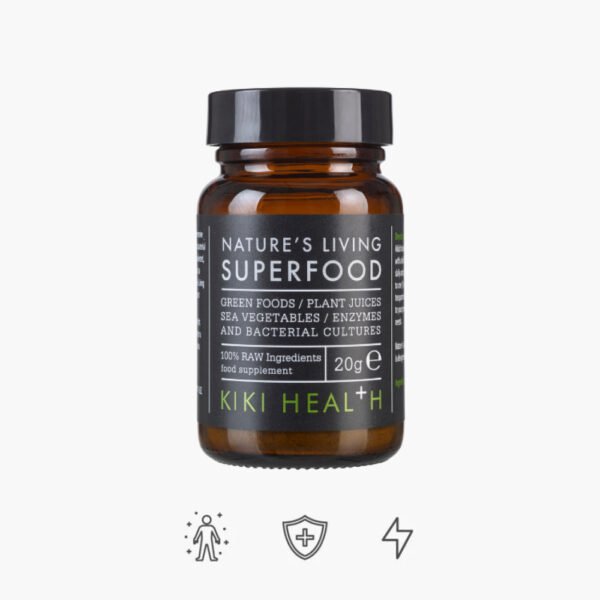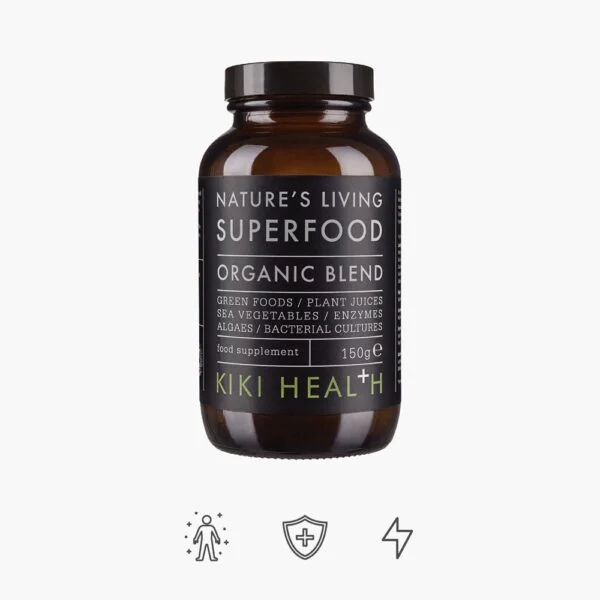Many people take supplements to improve their health or prevent disease. Often, people buy supplements simply based on a beautiful label or a product often seen in advertising.
Understandably, not all of us are experts in the use of vitamins and minerals.
It is really important, a few simple rules, where you must pay attention, so that there is no more harm than good.
Here is a list of vitamins and other supplements that should not be taken together:
Vitamin C with vitamin B-12
Vitamin C is an essential antioxidant for immune system health. Vitamin B-12 helps support the nervous system and the formation of red blood cells. Studies show that taking these two supplements at the same time can reduce the amount of vitamin B-12 you get. So, experts recommend taking these supplements at least two hours apart.
Vitamin A with vitamin A-rich foods
Since vitamin A is a fat-soluble vitamin, any excess is stored in the body. So, you don't need to take vitamin A every day. Too much vitamin A can weaken bones and lead to more fractures as you age. It can also be harmful to unborn babies.1
If you are pregnant or taking vitamin A supplements, avoid liver products such as liver pâté. These foods contain so much vitamin A that even if you don't take a vitamin A supplement, you should only eat them once a week to avoid too much vitamin A.
Folic acid (vitamin B9) and vitamin B12
While both of these B vitamins are important, taking too much folic acid can actually mask the symptoms of vitamin B12 deficiency. So, consult a specialist to check the vitamin levels before adding these supplements together.
Vitamin E and Vitamin K
It is well-studied that vitamin E supplements can cause increased bleeding in some people. Some doctors prescribe a vitamin K supplement, which helps with blood clotting. Taking vitamin E at the same time can neutralize the effect of vitamin K.
Copper and zinc
Both copper and zinc are important minerals. Most people get enough of these nutrients through their diet. Copper helps with brain development, nervous system health and the production of important tissues in the body. Zinc is an important mineral for healing.
Different minerals, when taken together, can compete for absorption in the digestive system. So if you take copper and zinc together, there is usually poor absorption. In the case of these two supplements, zinc wins. People who take high-zinc supplements may develop copper deficiency.
One source of zinc supplements is denture cream. If you use denture cream and experience neurological problems, it may be due to a copper deficiency.
Natural vitamins - superfood
-
KIKI Health Superfood NATURE'S LIVING - Alkaline minerals, vitamins and antioxidants, 20 gr. powder16,90 €Rated 5.00 out of 5 based on 2 customer ratings
-
KIKI Health Superfood NATURE'S LIVING - Alkaline minerals, vitamins and antioxidants, 300 g. powder69,90 €Rated 5.00 out of 5 based on 1 customer rating
-
KIKI Health Superfood NATURE'S LIVING - Superfood alkalizing minerals and vitamins, 150 gr. powder55,90 €Rated 5.00 out of 5 based on 1 customer rating
Green tea and iron
Both of these supplements provide many benefits on their own. Green tea contains anti-inflammatory compounds that may help people with conditions such as inflammatory bowel disease. Iron is important for the production of hemoglobin, a protein in the blood.
However, when taken together, the antioxidants in green tea bind to the iron. This reduces the positive effects of green tea consumption.
Calcium with other minerals
Calcium is an important mineral for bone health. Taking a calcium supplement can affect how your body absorbs other minerals, including zinc, magnesium, or iron. If you are taking any combination of these supplements, consult with a professional about the best time for maximum absorption of each mineral.
Vitamins, supplements and medicines connection
In addition to the discussed relationship between vitamins and minerals, some medications also interact with nutrients. If you regularly take any prescription medication, always consult with a professional before adding new supplements to your routine.
Blood thinners
Vitamin A and vitamin K can interact negatively with blood thinners, so you should avoid taking both.
Some herbs can also interact with blood thinners including:
- Cranberries
- Fish oil
- Garlic
- Ginseng
- St. John's wort preparations
- Vitamin E
- Vargainis
Medicines to treat heart disease
High doses of vitamin D can interact badly with drugs that lower cholesterol and blood pressure, as well as some other drugs used to treat heart disease.
St. John's wort is an herb that has been used for hundreds of years to treat mental health problems. It may interact with several medications that treat symptoms of cardiovascular disease, such as high blood pressure or high cholesterol.
Psychic drugs
Side effects may occur when certain supplements are combined with antidepressants and anti-anxiety medications.
- The combination of ginseng and monoamine oxidase inhibitors can cause manic symptoms.
- St. John's wort preparations may also interfere with the absorption of benzodiazepines.
General safety
Supplements are generally safe to use. Follow these tips to stay safe when taking supplements:
- Do not use supplements to replace a balanced daily diet.
- Talk to a professional about how much and what supplements to take if you're not sure. You may experience negative side effects if you take too much of certain supplements.
- Always tell your doctor about any supplements you take before surgery or a procedure.
- Use it high-quality supplements recommended by specialists.
It is important to rememberthat everyone's health is individual and there is no common recipe for everyone!
So, if you want to know if your body might be lacking nutrients right now, health professionals recommend a guide to the most suitable supplements - "Your Day".
- In time, pay attention to the signals sent by your well-being
- Replenish the body with natural minerals, vitamins and nutrients necessary for health.
- Enjoy energy and good mood everyday!













